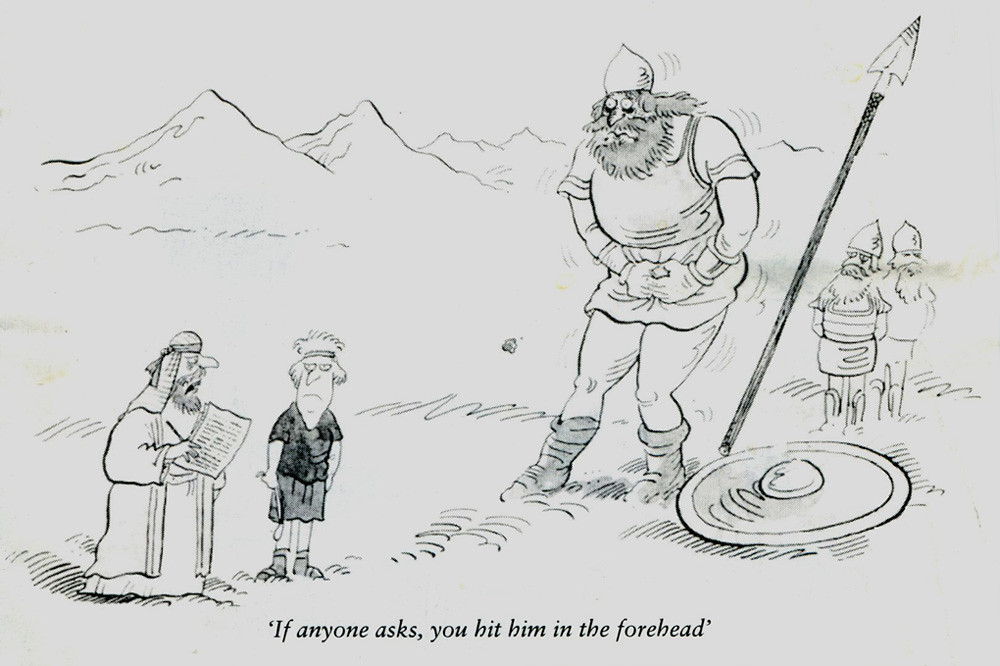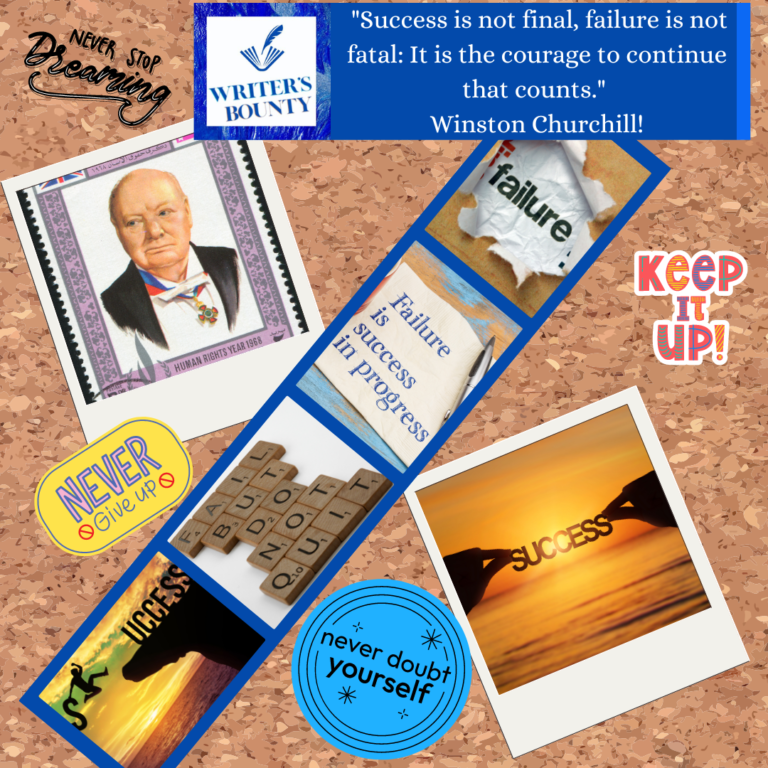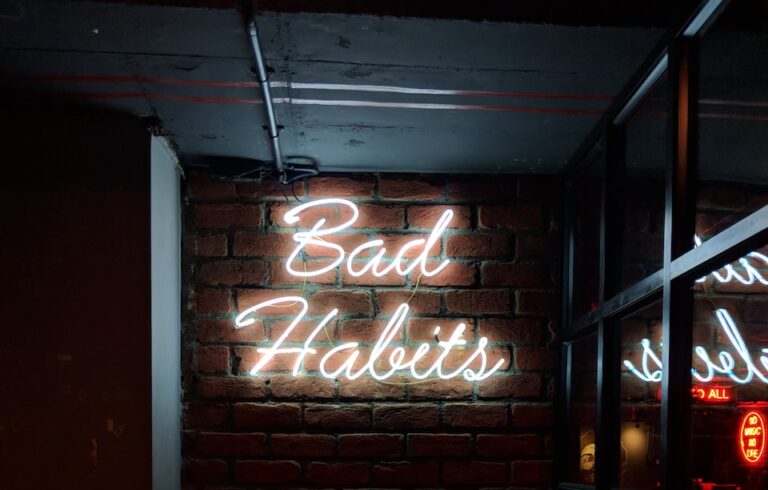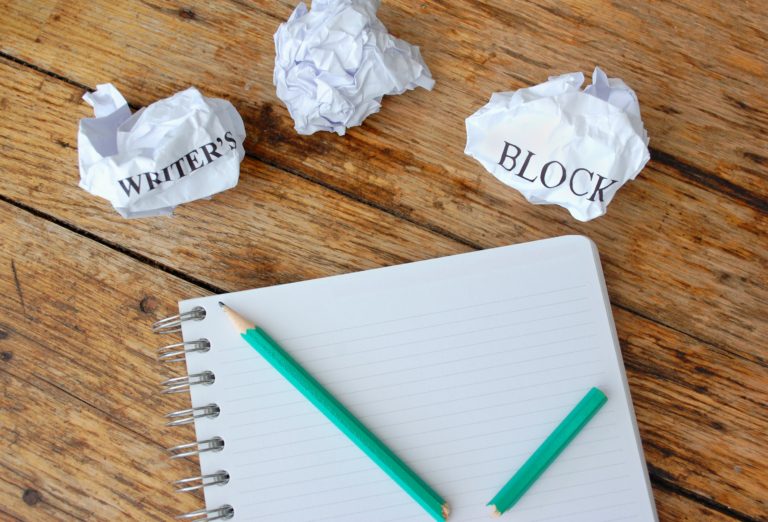The Insane Productivity Hacks All Writers Must Understand
Hey there, fellow wordsmiths! We understand that nothing gets your heart racing like a blank page. But isn’t it frustrating when that cursor keeps blinking, waiting for your creativity to burst forth, and you’re stuck there wondering how to harness your energy? Well, guess what? We’ve got you covered. Buckle up because we’re going to embark on a journey filled with productivity hacks designed specifically for writers.

Productivity Hacks for Writers #1: Conquering Goliath or Mastering the Art of Breaking Down Big Tasks
Nibbling the Elephant
Picture this: You’re seated at a table, staring at a mammoth-sized dish that seems as enormous as an elephant. Your task? To consume the whole thing. Sounds daunting, right? Don’t sweat it, though! The secret here is simple: take it one bite at a time. Apply this principle to your writing task. Dissect your colossal task into smaller, bite-sized pieces. Remember, every grand tale is spun one word, one sentence, one paragraph at a time.
The Power of Outlining
Outlines – not just for your school essays anymore! Outlining is an ace up your sleeve when you’re staring down a mammoth writing task. It structures your thoughts and serves as a roadmap, guiding you through the valleys and hills of your work. Start with the main headings, drill down to the subheadings, and dig deeper if necessary. Before you know it, you’ve laid out the bones of your piece, and all that’s left is to flesh it out.
Embracing the Pomodoro Technique
Need a sauce to go with that elephant? We’d recommend a side of Pomodoro! No, not the tomato sauce – the Pomodoro Technique! This time-management method involves working for a set period (say, 25 minutes), then taking a short break. It’s a fantastic way to maintain your focus and ensure your creative juices never run dry.
Celebrating Your Wins
Last, but definitely not least, don’t forget to celebrate each milestone, no matter how small. Finished that pesky paragraph that was bothering you? High five! Made it through the first section? It’s time for a happy dance! Recognizing your progress is not just about boosting your morale; it also creates a positive feedback loop that makes your brain crave more of that sweet, sweet sense of achievement.
Productivity Hacks for Writers #2 Unleashing Creativity or Let’s Get Physical
Move It to Groove It
So, you’ve been at your desk for hours, and words are playing hard to get. Here’s an idea: let’s move! No, we’re not suggesting moving to Bali (though, wouldn’t that be nice?). We’re talking about moving your body. Stand up, stretch, take a stroll around the room, or do a quick yoga flow. Getting your blood pumping and oxygen flowing can do wonders for your brain and creativity.
The Break Dance
Now, we’re not asking you to whip out your finest breakdance moves (but hey, if it works for you, go for it!). Instead, we’re talking about taking regular breaks. Giving your mind time to relax can often result in a flood of fresh ideas when you return to your work. Consider using the Pomodoro Technique we discussed earlier, or simply listen to your body and take a break when you feel the need.
Exploring the Great Outdoors
Sometimes, all you need is a breath of fresh air. If you’re lucky enough to live near nature, take advantage of it! A walk in the park or by the river can be an excellent way to clear your mind and spark creativity. Even if you’re city-bound, a change of scenery can still do the trick. A visit to a cafe, a library, or even a different room in your house can shift your perspective and reignite your creative flame.
Remember to Hydrate!
Last but not least, remember to drink up! Hydration is key for optimal brain function. Plus, the act of getting up to refill your water bottle is a great excuse to stretch your legs and take a mini break. So keep that water bottle handy, and take a sip whenever you’re feeling stuck.
For more ideas, check out our article “Self-Care for Productive Writers.”

Productivity Hacks for Writers #3: Ace in the Sleeve or Essential Tools for Every Writer
On a personal note: While I use these tools, as of the writing of this article, I am not affiliated with any of them. If that changes, I will update this article.
Trello: Your Digital Project Manager
Hey there, wordsmiths! Does the thought of managing multiple writing projects make your head spin? Say hello to Trello! This handy tool lets you create boards for each project, where you can make lists, add cards for different tasks, set deadlines, and even collaborate with others. Think of Trello as your very own personal assistant, keeping your work organized while you focus on what you do best: writing.
Evernote: Your Virtual Notebook
A brilliant idea struck you in the shower, but by the time you reached for a pen, it evaporated like steam? We’ve all been there. That’s where Evernote steps in. It’s like a virtual notebook that you can carry around in your pocket. Jot down ideas, make notes, store images, save links – all in one place. Evernote ensures that you never lose a moment of inspiration.
Google Docs: Write Anywhere, Anytime
Meet the unsung hero of collaborative writing – Google Docs. Imagine being able to access your work anywhere, anytime, without having to lug around your laptop. Google Docs is a cloud-based word processing system that lets you do just that. Plus, its real-time collaborative feature is a blessing when you’re working with a team.
Grammarly: Your On-call Editor
You’ve spent hours crafting a perfect piece, but there’s a rogue comma threatening to mess it all up. Enter Grammarly. This nifty tool is like your personal grammar coach, catching mistakes and suggesting improvements in real time. It’s also a great way to learn and improve your grammar skills.
If you’re more of an old-school reader, and would rather have some powerful books for your library, check out our article, “The 7 Best Books for a Writer’s Library.”
Productivity Hacks for Writers #4: Hitting the Right Note or The Magic of Music for Writers
Tune into Creativity
Hey fellow scribes! Ever find your fingers hovering over the keyboard, unable to churn out those beautiful sentences that usually flow so freely? Let’s try a little experiment. Pop on some headphones and press play on your favorite playlist. Feeling the difference? Music has a unique way of tickling our creative neurons and getting them to dance along with the rhythm.
Finding Your Perfect Pitch
Okay, so music seems to work, but what type of music, you ask? Well, different strokes for different folks! Some writers swear by the soothing strains of classical music – think Bach or Mozart. Others might find their words pacing along with the steady beats of Lo-fi. There’s no one-size-fits-all here, so feel free to explore different genres and find the one that gets your creativity humming.
Lyrics or No Lyrics?
Now, here’s a debate that’s been raging in the writing world – to lyrics or not to lyrics? It’s really a matter of personal preference. Some writers can tune out the words and ride along with the melody. But for others, lyrics can be a pesky distraction, making their thoughts stumble and falter. Again, there’s no right or wrong, just what works best for you.
Music Apps to the Rescue
Now, where to find this magical muse called music? Spotify, Apple Music, YouTube Music – the list goes on! These apps are brimming with a variety of playlists, curated for every mood and task. Some even have specially curated playlists for writing!

Productivity Hacks for Writers #5: Strength in Numbers or The Power of Peer Review
Two Eyes are Better than One
Finally writing can often be a solitary task, with just you and your thoughts for company. But when it comes to reviewing your work, bringing in an extra pair of eyes can be incredibly beneficial. You’ve been so immersed in your work, certain errors or inconsistencies may slip past you. A peer can provide a fresh perspective and catch those slip-ups.
Feedback is Gold
Now, nobody likes criticism, right? But as writers, constructive feedback is worth its weight in gold. It can point out the weaknesses in your work that you might have overlooked, and also highlight the strengths that you might have underestimated. Having your work reviewed by peers allows you to receive such invaluable feedback.
Learning from Others
Peer review isn’t just about receiving feedback; it’s also about giving it. Reviewing someone else’s work can be a learning experience in itself. You get to see different writing styles, approaches, and techniques, which can inspire and influence your own writing.
Finding Your Review Crew
So where do you find these magical beings called peers? Writing groups and workshops, online forums, social media groups – these are all excellent places to connect with other writers. Platforms like Scribophile and Critique Circle are specifically designed for writers to give and receive feedback.
For more on how to focus feedback from your review crew, check out our article, “Beta Readers: 11 Tips about Novelists’ Secret Weapon.”

Frequently Asked Questions

Final Thoughts
Alright, folks, that’s all we have for you today. Remember, writing should be a joyous journey, not a nerve-wracking race. Equip yourself with these hacks, and you’ll soon find your productivity soaring to new heights!









One Comment
Comments are closed.